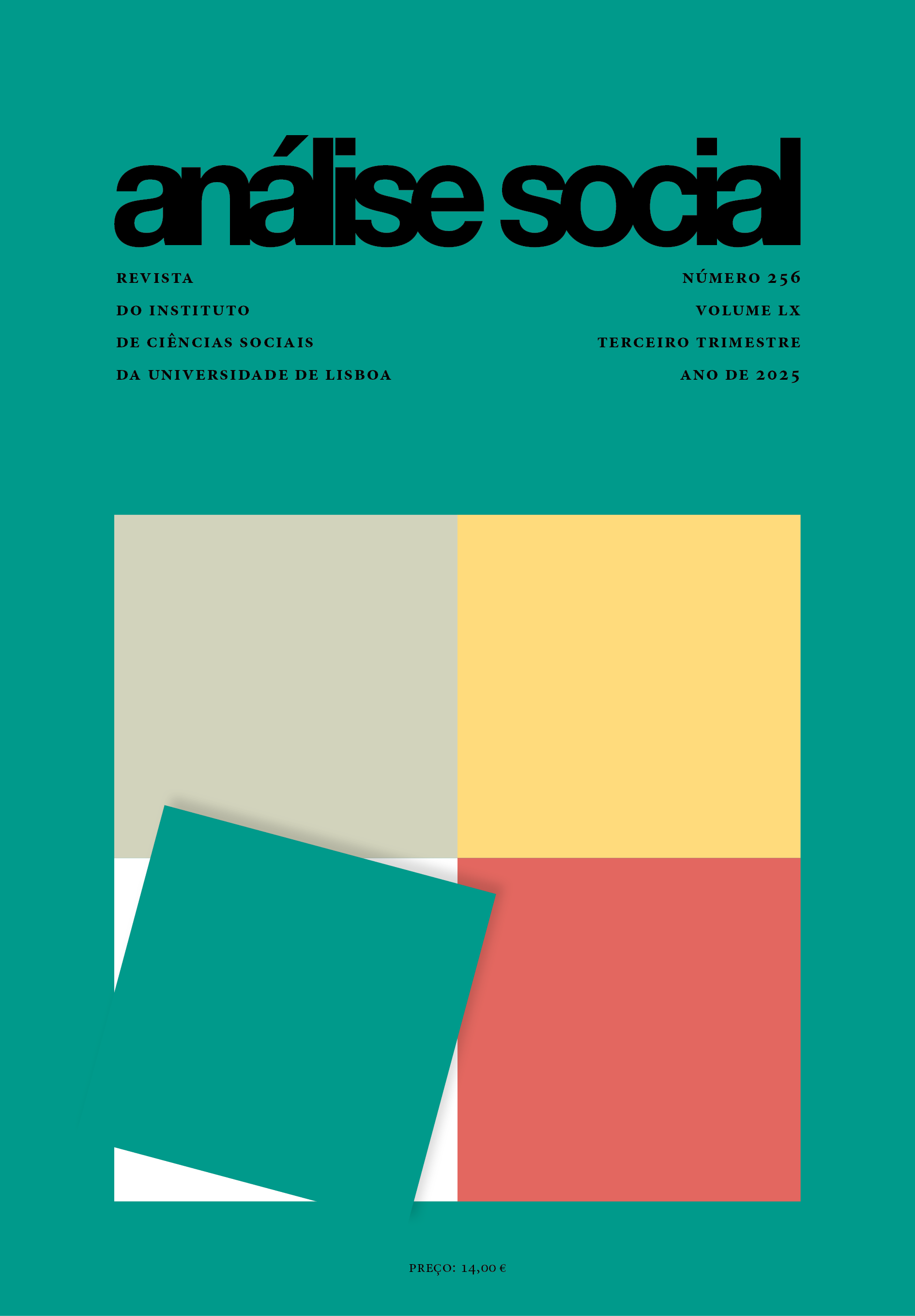Vol. 60 N.º 256 (2025)

Análise Social observes the highest ethical standards with regard to authorship, data integrity, ethical conduct of research, disclosure of conflicts of interest, and other relevant aspects of academic publishing. All publication decisions are the joint responsibility of the Board and Editors, with the agreement of all parties involved in the act of publication, including authors and reviewers.
The journal follows the standards and best practices recognised in the field of social sciences and humanities, informed by the principles of publication ethics established by COPE (available at http://publicationethics.org/).
Responsibilities of the Director and Editorial Board of Análise Social
The Editor-in-Chief and the Editorial Board of Análise Social are responsible for:
Responsibilities of guest editors
The guest editors invited to edit a special issue or thematic section are responsible for:
Authors’ responsibilities
Authors of papers resulting from original research must report on the work carried out in a rigorous manner that objectively represents the reality investigated. Fraudulent or intentionally inaccurate statements constitute unethical behaviour and are unacceptable;
Peer reviewers' responsibilities
Scientific peer review supports the decisions of the Director and the Editorial Board of Análise Social;
Responsibilities of the Editor
As the publishing institution of Análise Social, the Institute of Social Sciences of the University of Lisbon (ICS-ULisboa):
